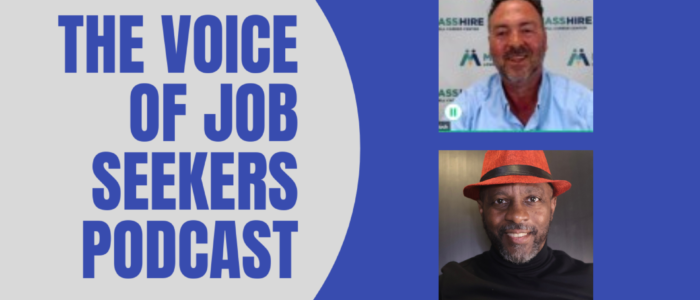
Job openings are not created equal, and to say upfront, there are no rules to publishing job openings. Since companies have come out to say they purposely post “ghost jobs,” we realize we don’t like our job search, um, gamified.
People refer to the Bright.com survey indicating Monday and Tuesday as the best days to apply. But we have to separate how people use it. At least for many people today, the cliche is that the early bird catches the early job opening.
Yeah, but don’t be so sure.
Historically, when job ads were published in the Sunday paper, people were up early to receive the newspaper and would apply. The same principle applies if you know when the platform publishes jobs. I did it along with most Americans. You scoured the Sunday morning job section. If you’re hyper-focused on specific jobs, locations, and salary (many times, salary ranges were included back then), finding the right job may not be as long. Generalists spend up to half a day looking for anything remotely application- or fax-worthy. It’s not being a “generalist.” It’s time-consuming to find what box you’ll fit in.
Today, it would matter as much for some positions.
Companies post jobs on their websites, and if you visit a company you want to work for often, you can see the jobs when they are posted.
LinkedIn and Twitter users will watch their timelines for job postings if their industry connections regularly post. You can create a Twitter account for people and companies posting jobs regularly. The benefit is that you can see the posting in real time if you follow your list.
Many LinkedIn industry-specific groups have members who regularly post on non-specific days. The advantage of finding publications there is you can ask for additional information on the poster, who may have insider information about the job.
You can try “Google Alerts” or “Talkwalker” to assist in finding the jobs you desire. Use Google’s suggestions on search, and alerts can come to your Gmail once a day. Use different titles to fit your skill set, i.e., “salesperson,” “sales associate,” or “sales consultant.”
Last year, I was quoted in a GoBankingRates article about the “best day.” This is relevant because people revert to old-school tactics in a tough job market.
https://www.gobankingrates.com/money/jobs/best-day-of-the-week-to-apply-for-a-job
The professionals I know who are active in this job market are not getting strings of interviews because they applied early. The common thread among them is their strengths match the company’s needs, they have valuable intel about the company’s culture and how they work, they are well informed about company openings relevant to their skill set, and they are connected to many other professionals in the industry.

